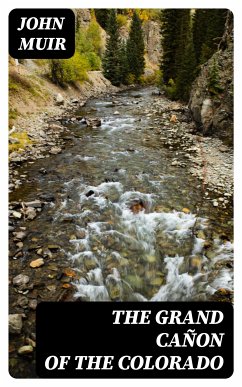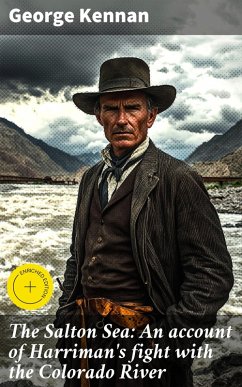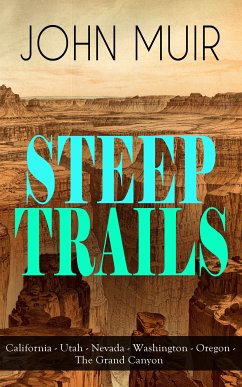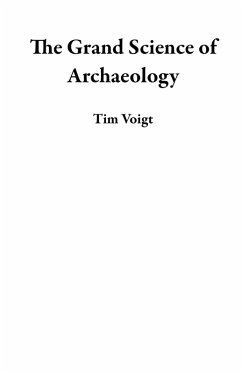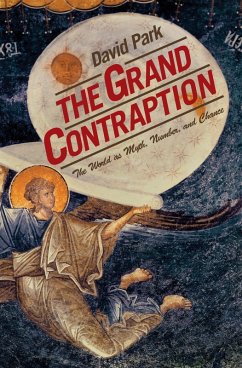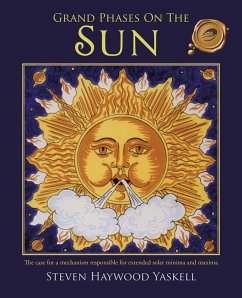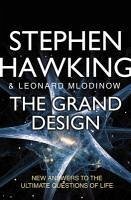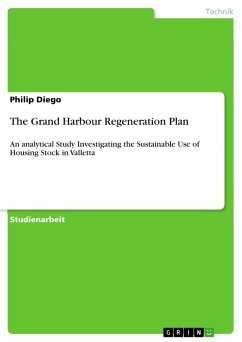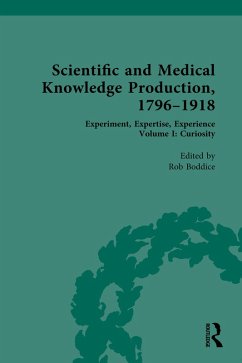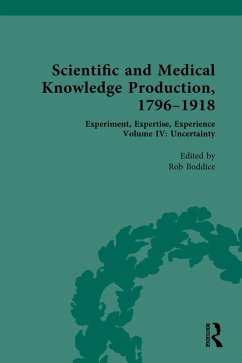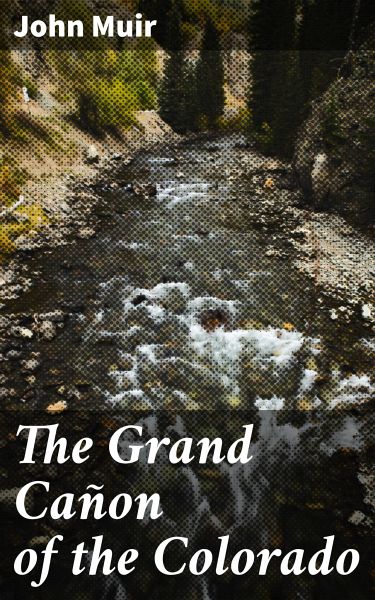
The Grand Cañon of the Colorado (eBook, ePUB)
Exploring the Majestic Beauty and Geological Wonders of the American Southwest
Versandkostenfrei!
Sofort per Download lieferbar
1,99 €
inkl. MwSt.
Weitere Ausgaben:

PAYBACK Punkte
0 °P sammeln!
In "The Grand Cav±on of the Colorado," John Muir presents a vivid and poetic exploration of one of nature's most awe-inspiring landscapes. Through a blend of scientific observation and lyrical prose, Muir not only documents the geological formations and ecological diversity of the Grand Canyon but also captures the profound sense of wonder that such a site inspires. Set amidst the burgeoning conservation movement of the late 19th century, the book reflects Muir's adeptness at merging personal narrative with environmental advocacy, an approach that not only entertains but also educates the rea...
In "The Grand Cav±on of the Colorado," John Muir presents a vivid and poetic exploration of one of nature's most awe-inspiring landscapes. Through a blend of scientific observation and lyrical prose, Muir not only documents the geological formations and ecological diversity of the Grand Canyon but also captures the profound sense of wonder that such a site inspires. Set amidst the burgeoning conservation movement of the late 19th century, the book reflects Muir's adeptness at merging personal narrative with environmental advocacy, an approach that not only entertains but also educates the reader about the fragility of this natural wonder. John Muir, often referred to as the Father of the National Parks, was a passionate naturalist and conservationist. His extensive travels in the American wilderness and his deep appreciation for nature fueled his desire to protect the landscapes he so loved. Muir's encounters with iconic geological features and his advocacy for their preservation are reflected in this work, underscoring his commitment to environmentalism during a time of rapid industrialization and expansion in the United States. Readers seeking a transformative experience in nature writing will find "The Grand Cav±on of the Colorado" indispensable. Muir's eloquence and urgency in conveying both the beauty and vulnerability of the Grand Canyon invite readers to engage deeply with the natural world. This book not only enriches one'Äôs understanding of the canyon itself but also serves as a poignant reminder of the need for conservation in an ever-changing landscape.
Dieser Download kann aus rechtlichen Gründen nur mit Rechnungsadresse in A, B, BG, CY, CZ, D, DK, EW, E, FIN, F, GR, H, IRL, I, LT, L, LR, M, NL, PL, P, R, S, SLO, SK ausgeliefert werden.




